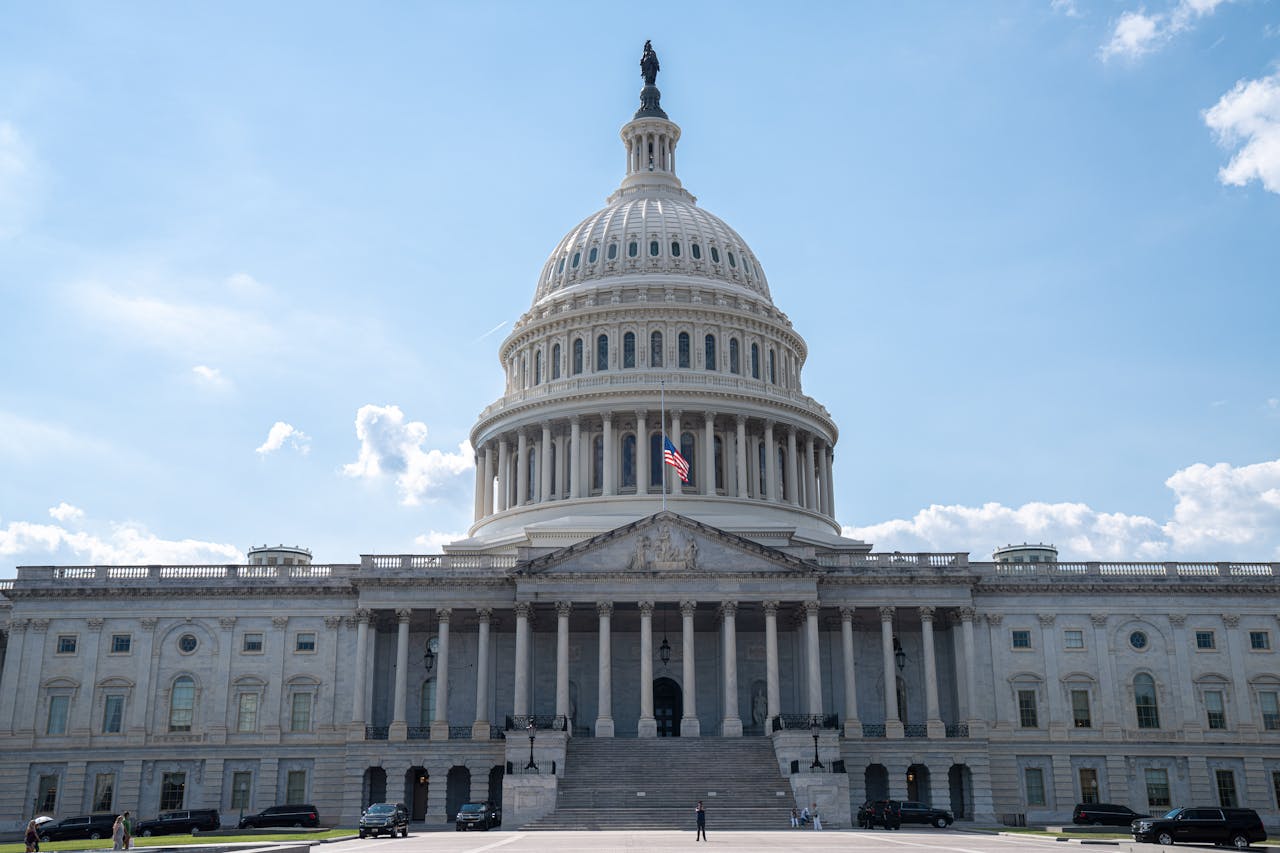American food culture prides itself on variety, but the law sometimes has even stronger opinions about what goes on a plate or in a glass. From tiny towns to whole states, legislators have taken swings at pie toppings, pickle quality, and even how many sandwiches mourners may eat. Most of these rules sit quietly on the books, rarely enforced, yet they reveal what communities once worried about, protected, or simply wanted to laugh about together. Taken together, they trace a strange map of local priorities.
Vermont’s Apple Pie Must Come With Dairy
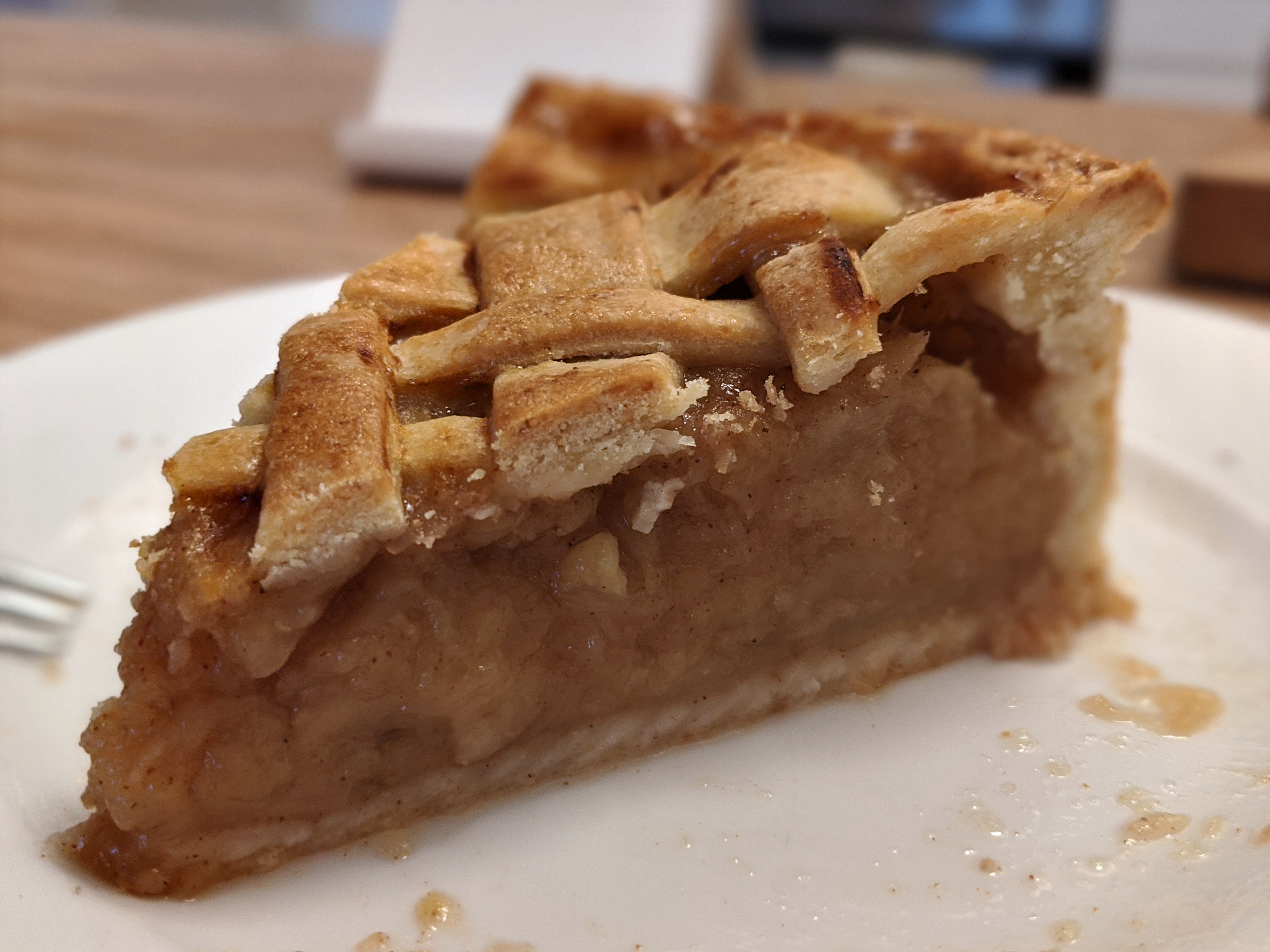
Vermont takes its state pie seriously enough to write serving suggestions into law. When apple pie is offered, hosts are urged to make a good faith effort to add cold milk, vanilla ice cream, or at least a thin slice of cheddar. No one is dragging bakers into court, but the rule underlines how closely the state ties dessert to dairy farms, and how a simple slice of pie can double as a postcard from rural Vermont. It turns a quirky statute into an unofficial recipe note.
Connecticut’s Pickles Have To Bounce
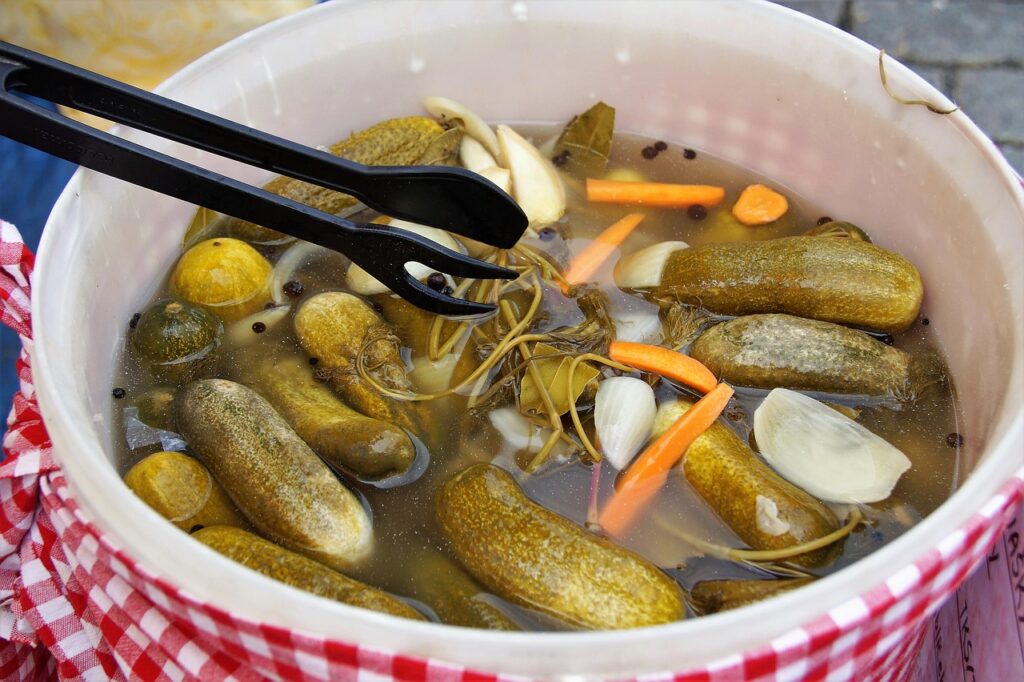
Connecticut once cracked down on fake pickles after inspectors found vendors selling spoiled cucumbers at markets. The test that stuck in popular memory is simple and strange: a proper pickle should bounce when dropped, while a bad one splats. Modern food safety rules are stricter and more technical, yet this legacy standard still surfaces in news stories and trivia nights, a reminder of how regulators tried to turn common sense into a street corner science experiment.
Wisconsin’s Long War On Margarine

In dairy obsessed Wisconsin, butter is not just a topping but a point of pride, and the law used to show it aggressively. For decades, restaurants faced strict limits on serving margarine unless customers asked for it, and some public institutions were expected to stick with real butter. Many of those rules have eased, yet echoes remain in state codes and culture, where yellow tubs still feel like interlopers in a region that brands itself as America’s Dairyland.
California Says No To Frog Leg Consolation Prizes

California’s famous frog jumping contests come with an unusual culinary limit. If a frog dies during a sanctioned competition, state wildlife rules block it from becoming someone’s dinner afterward. The idea sounds fussy, yet it reflects a desire to keep the event focused on sport rather than harvesting meat. Organizers still celebrate hometown amphibian champions, but the losing frogs are supposed to hop away or be discarded, not turn up in a skillet later that day.
Louisiana Treats Crawfish Theft Like A Serious Crime

In Louisiana, stealing crawfish is not just a prank on a boil; it can be a felony. State law singles out large scale crawfish theft, with stiff fines and potential prison time for those who raid traps, ponds, or delivery trucks. The crustaceans represent real money for farmers and seafood wholesalers, so the statute treats them more like livestock than party food. It is a sharp legal reminder that behind every backyard feast sits a working supply chain.
Louisiana Limits Sandwiches At A Wake
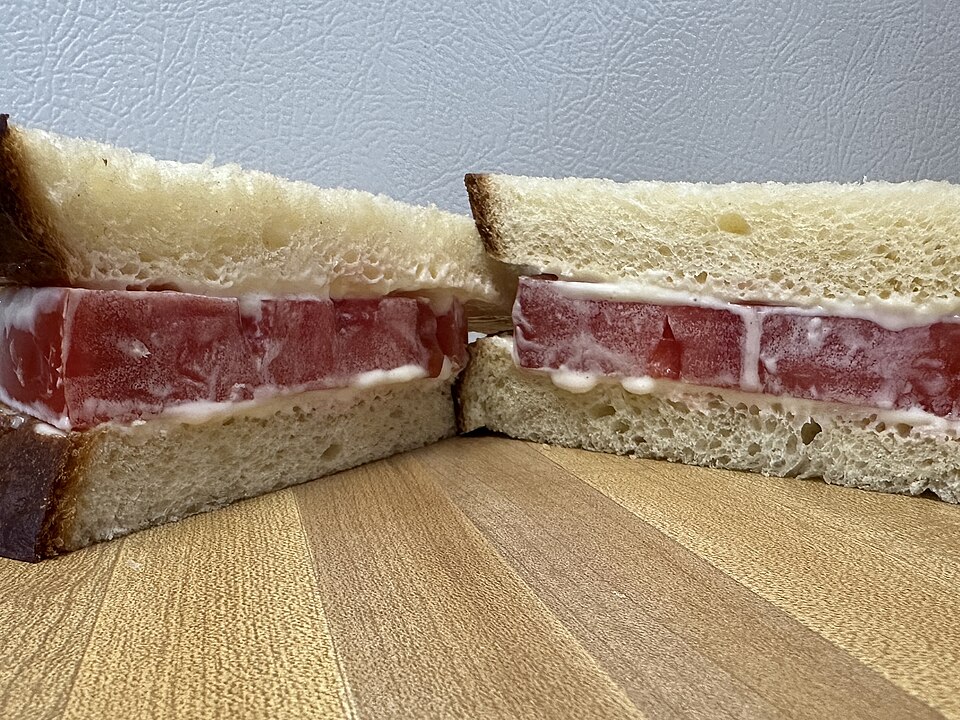
Another Louisiana rule takes aim at behavior around funeral food. An old provision, still cited by attorneys and local media, says mourners at a wake should not eat more than three sandwiches. No one seems sure who first abused the buffet badly enough to inspire lawmakers, yet the law lingers as both joke and warning. It captures how communities try to legislate respect, even in something as small as how many times a hand returns to the platter.
Oregon’s Tight Rules On Raw Milk Sales

Raw milk fans in Oregon run into some of the strictest limits in the country. Only small farms can sell unpasteurized milk directly, and for years they could not even advertise it openly without risking fines. Supporters see the rules as basic public health, remembering past outbreaks tied to unprocessed dairy. Critics see them as government overreach that treats a glass of farm fresh milk more dangerously than many heavily processed foods lining the supermarket shelves.
Georgia Town Insists Fried Chicken Be Eaten By Hand

Gainesville, Georgia, which bills itself as a poultry capital, once passed an ordinance declaring fried chicken a finger food by law. The language treated forks and knives as almost offensive when fried chicken was on the plate. Although the rule is largely ceremonial now, it still gets dusted off for publicity stunts and lighthearted citations. The message is less about control and more about hometown pride, defending a local specialty from what officials saw as overly formal table manners.
New York Frowns On Ice Cream In Back Pockets

In New York, one of the strangest stories in legal folklore involves an ice cream cone and a back pocket. Old summaries claim that walking around on Sunday with a cone tucked behind a waistband can violate local law, a relic of blue laws and worries about petty tricks. The tale is often linked to horse theft, since a sweet lure could tempt an animal to wander. Whether enforced or not, it survives as a favorite bit of urban legal legend.
Massachusetts Says No Peanuts In Church

Boston’s legal oddities include a long cited rule against eating peanuts in church. The idea was to keep worship services free from noisy shells and casual snacking, treating food more like a distraction than welcome comfort. The statute is rarely, if ever, enforced, yet it still pops up in lists of strange laws. It captures an older mindset that treated religious spaces as places where even simple habits like munching on a handful of nuts needed formal boundaries.
North Carolina Bans Traditional Happy Hour Drinks
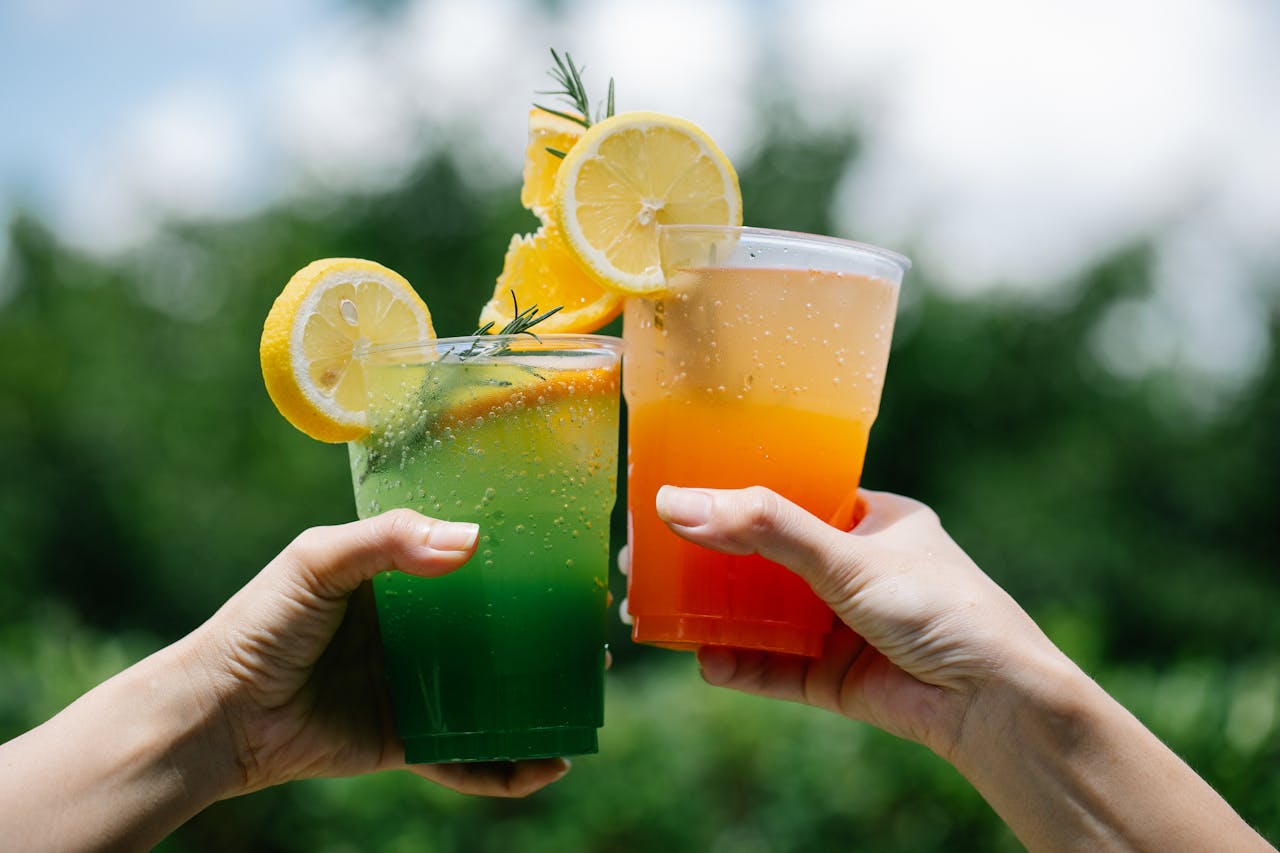
North Carolina restaurants can run food specials at happy hour, but drink specials are another story. State rules say alcoholic beverages have to stay at the same price all day, blocking short window bargains and two for one offers. The law grew out of drunk driving fears in the 1980s and still shapes how bars design menus. Diners might see discounted wings at 5 p.m., yet the pint of beer next to them keeps its full price from lunch through closing.
Utah Keeps A Tight Lid On Drink Discounts
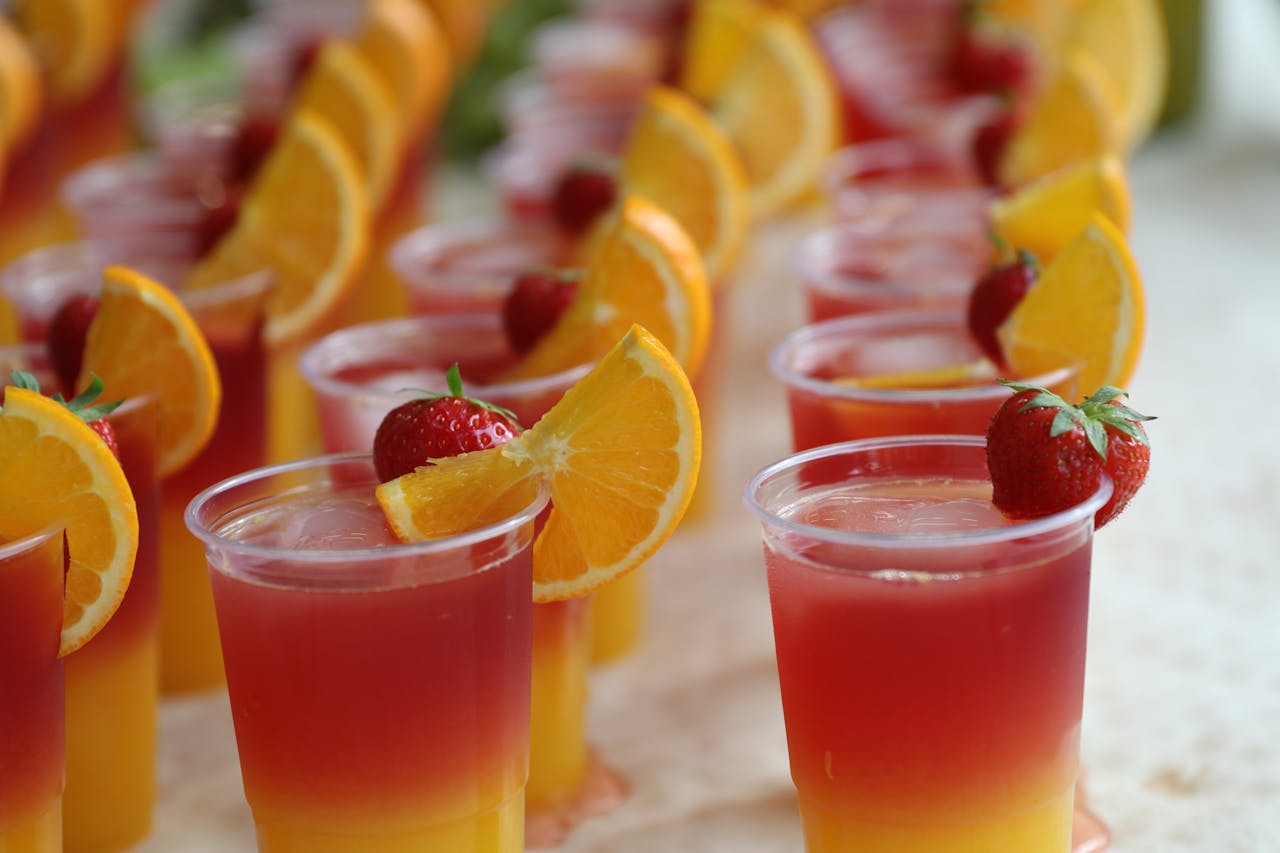
Utah’s liquor code is famous among bartenders, and the state’s approach to food and drink deals is a big reason why. Time limited drink discounts that many states call happy hour are off limits, even when paired with hearty snacks. Lawmakers argue that steady pricing discourages binge drinking in a region already cautious about alcohol. The result is a bar culture that leans on food specials, mocktails, and slow sipping rather than fast rounds chased by bargain prices.
North Carolina Even Protects Used Kitchen Grease
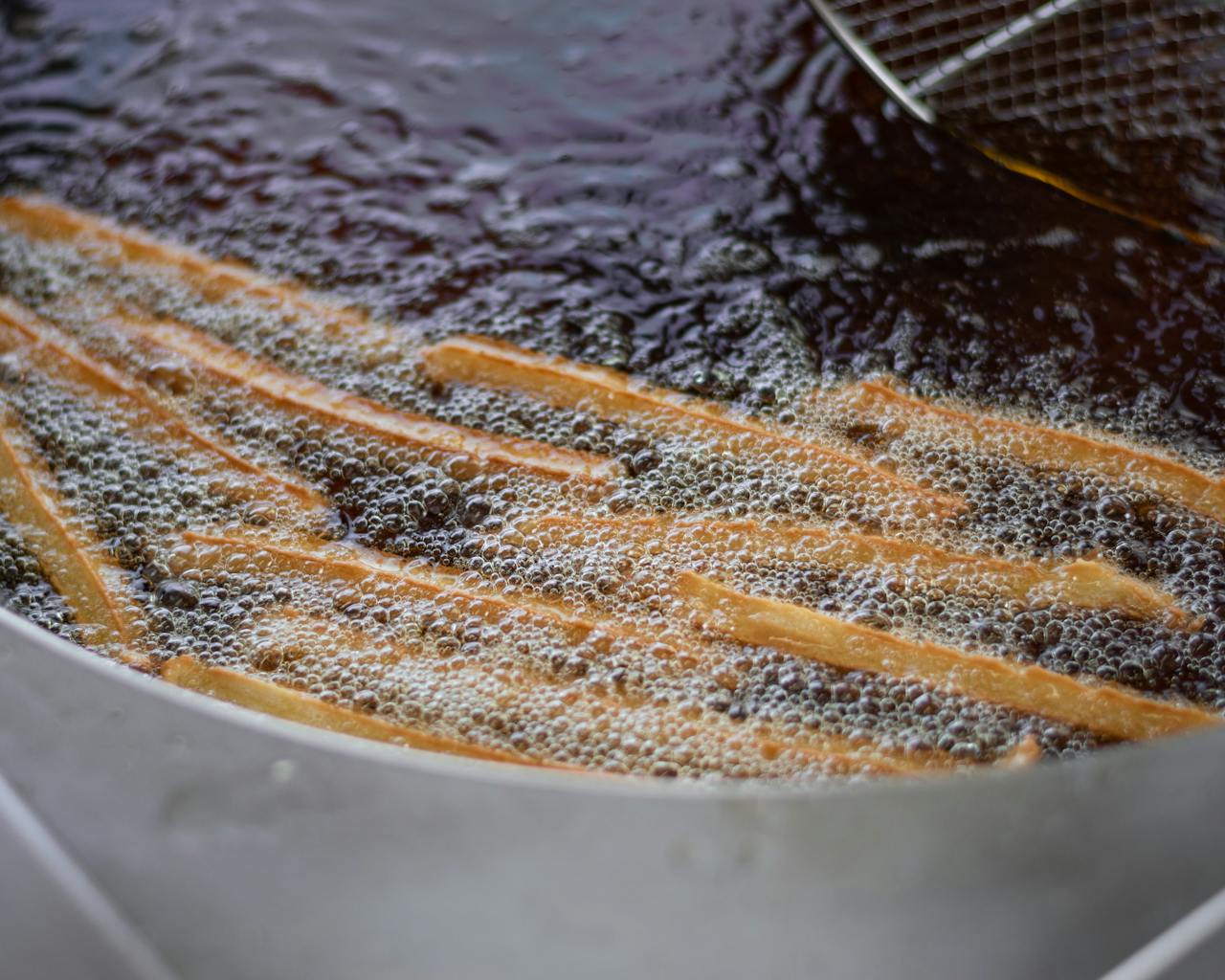
Another North Carolina statute reads like satire until it hits the penalty section. Stealing used kitchen grease from restaurant bins, or tampering with those containers, can lead to criminal charges, including felonies when the value is high. The reason is simple economics: used fryer oil is valuable as a feedstock for biodiesel. What looks like trash behind a diner can be worth thousands, so the law treats it less like waste and more like a regulated industrial commodity.
Texas Once Outlawed Milking The Wrong Cow
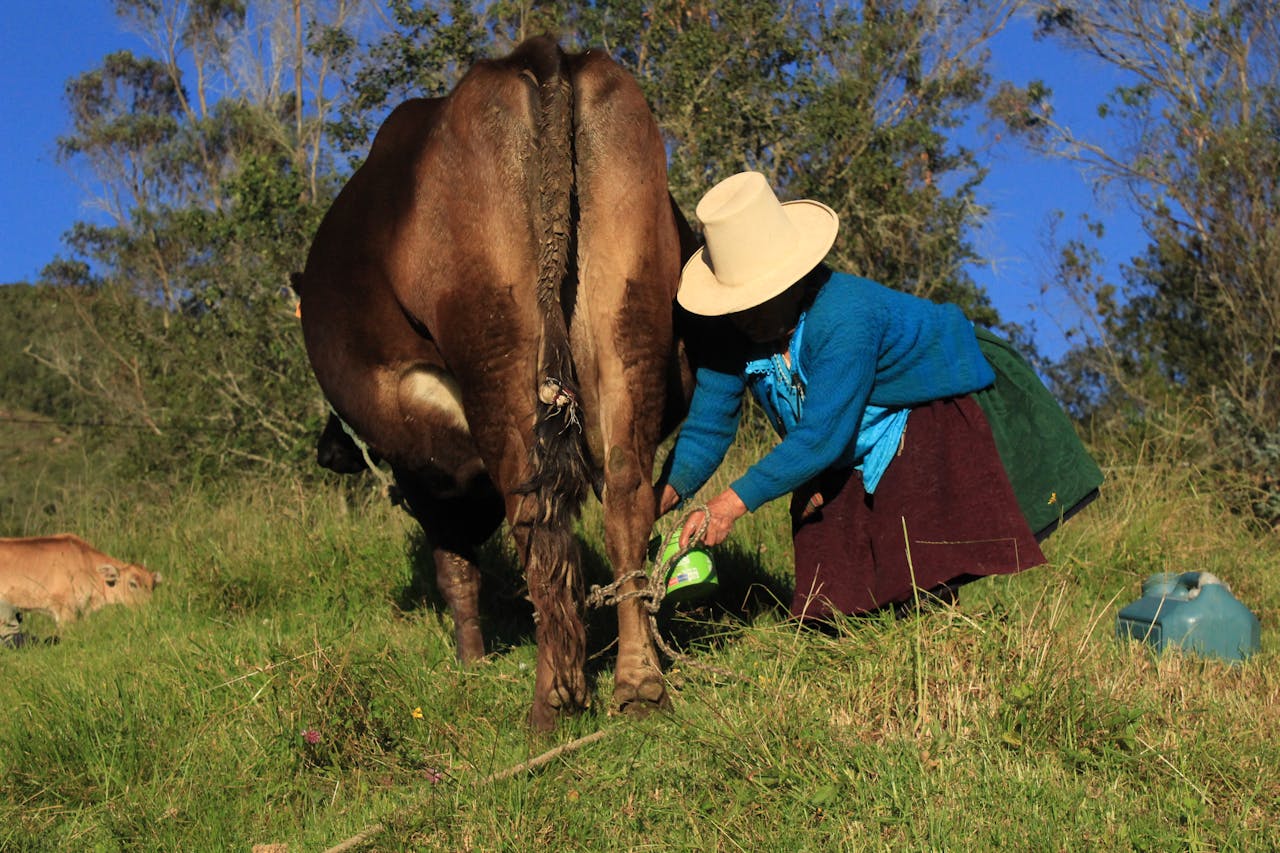
Texas legal history includes a rule that made it a specific offense to milk someone else’s cow without permission. The original statute carried only a small fine, but it signaled how seriously rural communities treated every bucket of milk. That language has since been folded into broader theft laws, yet the spirit remains. Unauthorized milking now counts as taking property like any other, turning what might sound like a farmyard prank into a potential criminal case.
North Dakota Separates Beer And Pretzels

One oft cited North Dakota law reportedly bans serving beer and pretzels together in bars and restaurants. The pairing seems harmless, yet regulators once worried that salty snacks encouraged faster, heavier drinking. Whether owners quietly ignore the rule or lawyers debate how real it remains, the story has stuck in regional lore. It highlights the long running tug of war between treating alcohol as a normal part of social life and as something that always needs a warning label.


